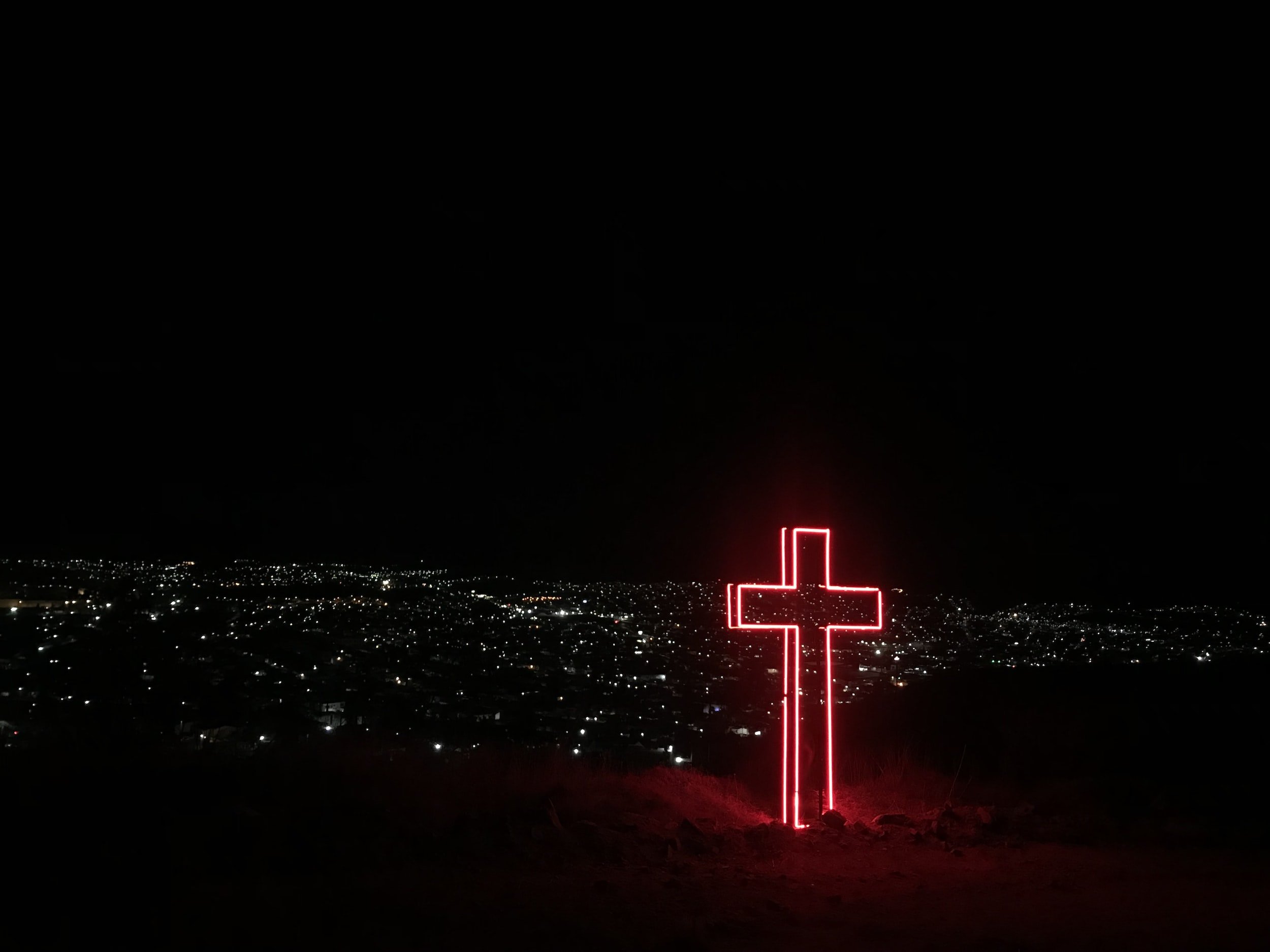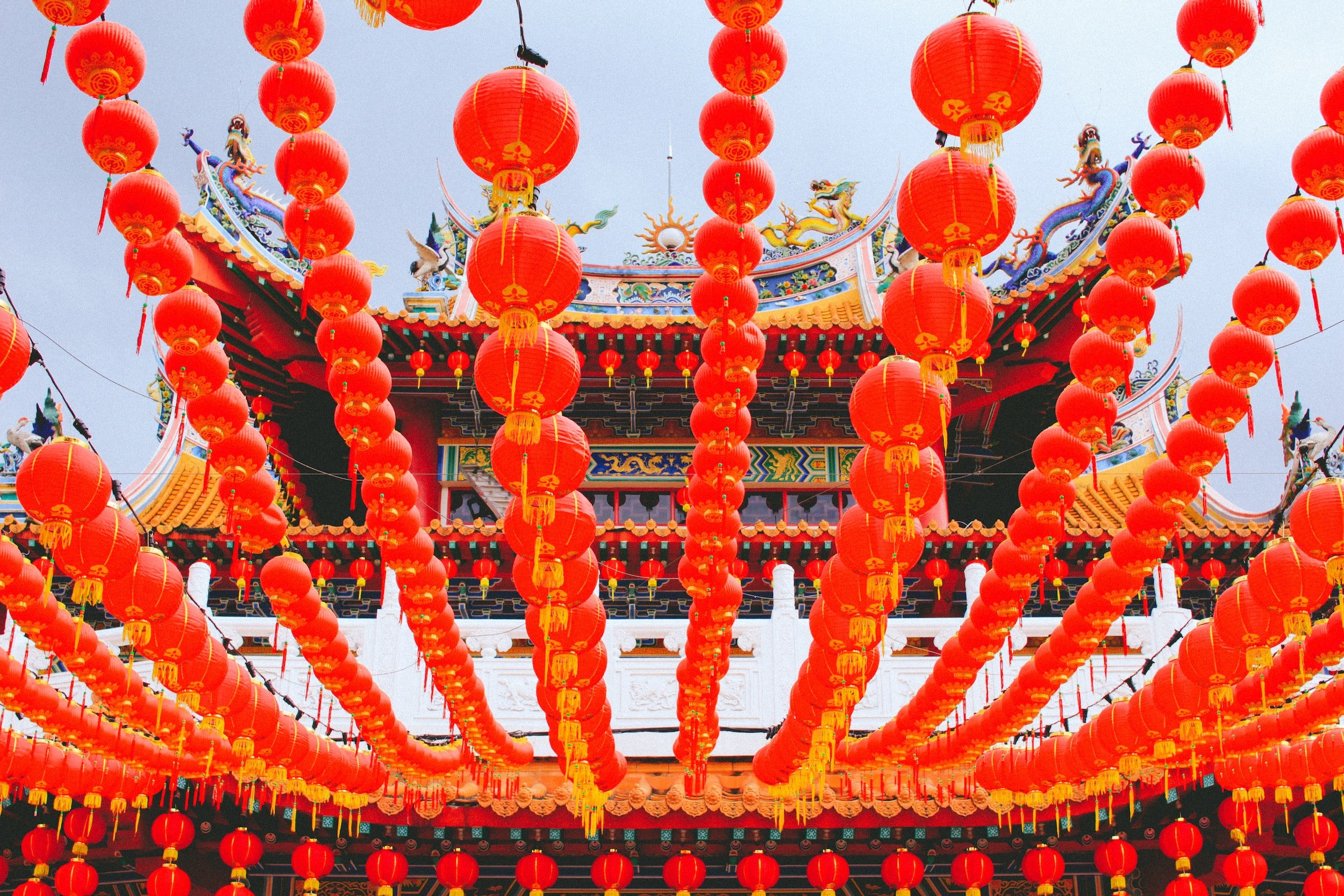
Editor’s note: In the aftermath of rare Covid protests, Elder Li shared the following thoughts on the role of the church in the modern age and on the interplay between church and state. Li is interested in further discussion of these issues with other Christian pastors or scholars, and invites anyone who is willing to communicate further on the subject to reach out to him.
To respond to Li and share your thoughts on the interplay between church and state in an age of atheism, please contact CP directly.
The Battle Now Is Different
As a church, we are in the latter stages of the end times. Still, this does not mean Christ will definitely return soon. We look back at the early church, or at the medieval church, or the church during the Reformation, and see that they were also in the end times. (When I speak of the church, I am referring to the church that can be observed: the visible church.) Yet the warfare the church waged in those earlier ages is quite different from the one in which we are engaged today.
”“The warfare the church waged in earlier ages is quite different from the one in which we are engaged today.”
In the last two or three hundred years, the devil has accomplished much in the field of ideology. Previous generations could hardly imagine all he has done. Today, people generally live under the sway of atheism. The impact Darwinism and Marxism have on the world at large and on the church continues to unfold. Right now, it is still difficult for us to make an accurate assessment.
Church and State In An Atheist Age
The Protestant view of history and of the relationship between the church and the state is still largely based on groundwork laid down by the Reformers. Although Christendom was breaking up and falling apart at the time, it was still the background from which the Reformers came. The Reformers did not have experience dealing with paganism. They had even less practice dealing with atheism, or with totalitarian governments. In fact, experience in dealing with atheism or totalitarianism is still scarce in the church today.
As it stands, Protestantism is naïve and superficial in the way it handles church-and-state relations. Protestantism, as a whole, is not able to recognize the spiritual nature of communism. (Progressivism, of course, is merely one of the many spiritual descendants of communism.) When it comes to church-state relationships, Protestantism is no match for Catholicism. When we look back at the church in Germany or at the present-day United States, it is easy to see that this is not a harsh judgment.
The Orthodox church also seems to be lacking in this area. Still, the Orthodox church has more insight into how the church relates to the government than Protestantism does. This can be seen in Dostoevsky. Right now, we have to rely on Catholic or Orthodox traditions for our understanding, criticism, and response to the modern world.
We Are Not Worthy Of Our Suffering
The Chinese church has been given an opportunity to fight the ghost of communism. This is one of the most profound of all the trials currently occurring in our modern world. However, I am sorry to say that we are not worthy of our sufferings. We have experienced much sorrow: when you take an objective look at human history, the Anti-Rightist Campaign, the Great Famine, the Cultural Revolution, and even the Three-Antis and the Five-Antis campaigns have all been extremely significant.
”“Although the Chinese church has endured all these difficulties, we have hardly produced any serious theological reflection from this suffering… The history taking place now is an opportunity for the Chinese church to step forward.”
Yet although the Chinese church has endured all these difficulties, we have hardly produced any serious theological reflection from this suffering. We have no theological thought or writing to show from these experiences. The history taking place now [i.e. riots and protests against Covid lockdowns] is an opportunity for the Chinese church to step forward. Both pastoral practice and theological reflection should be more present and more relevant. Practice and reflection also need a greater sense of their historical importance and responsiveness.
Never miss a story
I pray that the Lord will help us, and that he will keep his own church!
Elder Li Yingqiang is an elder of Early Rain Covenant Church in Chengdu. He and his wife have two children.
FOR PRAYER AND REFLECTION
Pray that the Chinese church will make good use of her suffering and will bless the larger body of Christ by sharing what God is teaching through these trials.



































